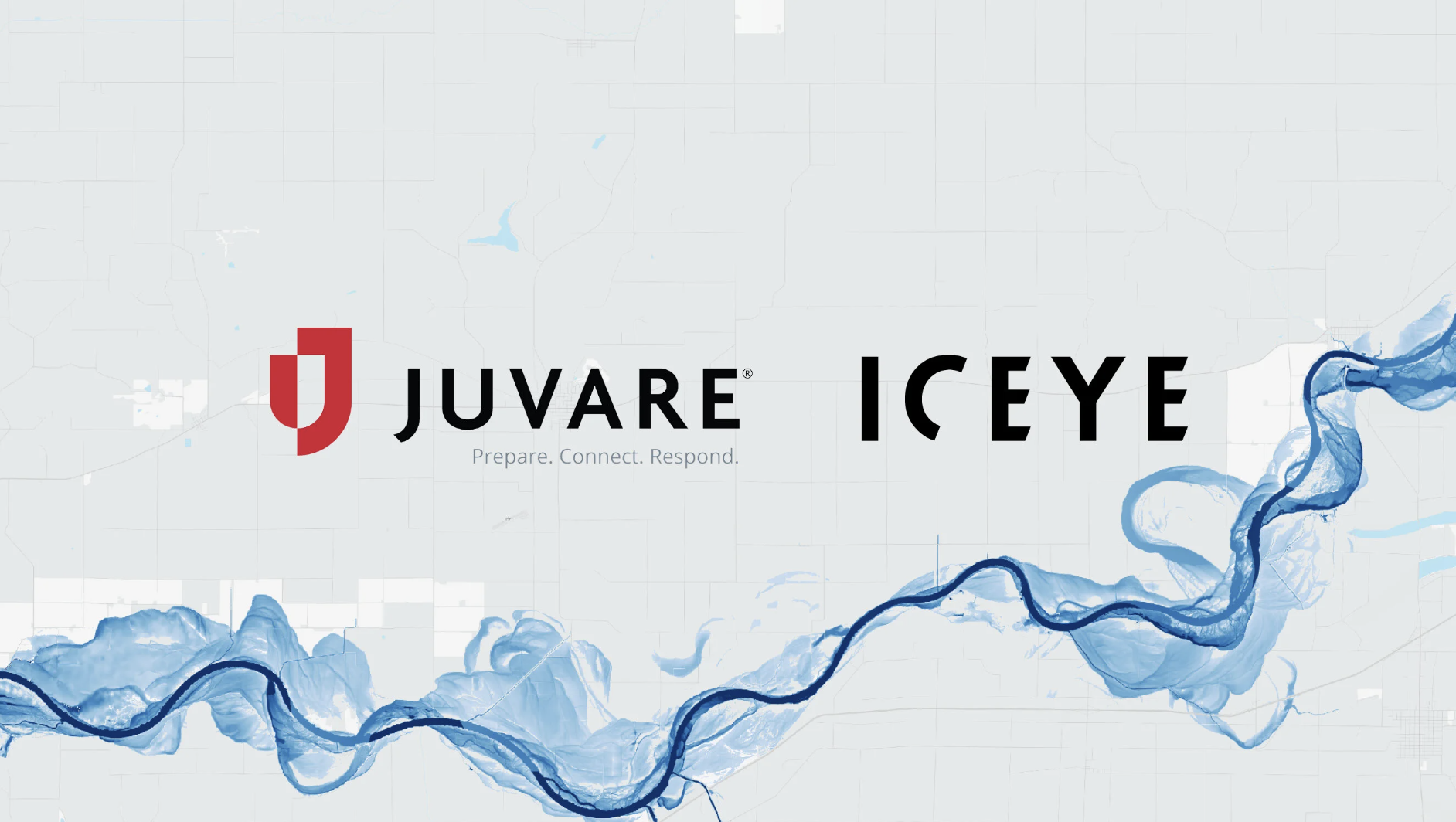
Guest blog from Jeremy King, Vice President, Sales, Juvare Asia Pacific
Many organizations, even those with sophisticated business continuity planning, have realized at the onset of the COVID-19 pandemic that their existing business systems and software tools are ineffective in handling the specific processes that are unique to emergency and disaster management. Primarily due to their familiarity, generic business software tools common to most organizations, such as spreadsheet software or team collaboration programs, are often the initial choice by newly appointed staff tasked with managing their organizations emergency response. Through the trial and error process of trying to develop a workable system with these generic tools, the limitations of these products become rapidly clear; when extensive co-ordination, long-range information management and large data-sets are required in situations of an extended disaster, such as the current pandemic where the response and recovery is projected to last several years.
A field-proven tool called Emergency Management Software (like WebEOC) is specifically designed to handle incidents, events, emergencies, and disasters like the COVID-19 pandemic currently underway. This application-specific solution, which has been developed and improved over many years through close consultation with Emergency Managers worldwide, performs multiple roles in an organization. Emergency Management software provides a central single source of truth that allows all users of the system, including cross-functional, geographically distributed, and mobile teams to see and share the same data-set. It can be used to coordinate the internal management of staff in isolation or quarantine, as well as track and manage organizational resources such as sites, facilities, and stocks of personal protective equipment (PPE). For organizations where they have clients under their care such as hospitals, aged care facilities, and corrections facilities, the system can also be used to manage their client cases, including complex logistical and patient care considerations. For corporations, it can assist with managing and communicating with a remote workforce in varying stages of need for care and support. A modern enterprise-grade Emergency Management Software solution is highly scalable and can be used in an intra-organization, multi-site, multi-jurisdiction, city, state, country, or even global context. It can be deployed stand alone in a central command center or be used by distributed teams at multiple remote sites with equal effectiveness.
When looking at the COVID-19 pandemic, and similarly with other epidemics and healthcare emergencies, there are five key areas of benefit when using Emergency Management Software to control these situations:
- Centrally Coordinated Communication
- Consistent message across all mediums – SMS, Email, etc.
- Data sharing & collaboration – promotes faster response
- Task management – standardized forms and data capture
- Workflows built in – Track and coordinate multiple cases and activities across teams.
- Confidentiality of Staff and Patient Data
- Standards-based secure data storage
- Role and permissions-based access control for sensitive data
- Robust data storage and retention capabilities
- Management of Resources
- Visualize and manage the status of Sites / Shelters / Equipment
- Track inventory and PPE distribution
- Human capital coordination
- Dashboards and Reporting
- Geographical Information Display (GIS) – Clearly see where the issues are
- Highly configurable dashboards – for display on large team screens, individual displays or apps
- Situation reporting (SITREPs)– Provide time critical data to teams and management
- Remote & Mobile Working
- Cloud based – access anywhere on virtually any device
- Smartphone apps for remote data gathering and staff/patient monitoring
The effectiveness of the methods and tools that organizations use to respond to the current COVID-19 pandemic will have direct effects on the outcomes for their staff, customers, and the ongoing security of the organization itself. For medium to large corporations, critical response services, government departments, and client care organizations, such as hospitals and private health organizations, professional assistance and operational support in the form of job-specific software tools such as Emergency Management Software and supporting expert professional services, will be critical to ensure the effectiveness of their response to the challenges of a long running pandemic and recovery.
About Juvare:
Juvare is a worldwide leader in emergency preparedness and critical incident management and response technology. Juvare solutions empower government agencies, corporations, healthcare facilities, academic institutions, and volunteer organizations to leverage real-time data to manage incidents faster and more efficiently, protecting people, property, and brands. For more information, visit www.juvare.com

















